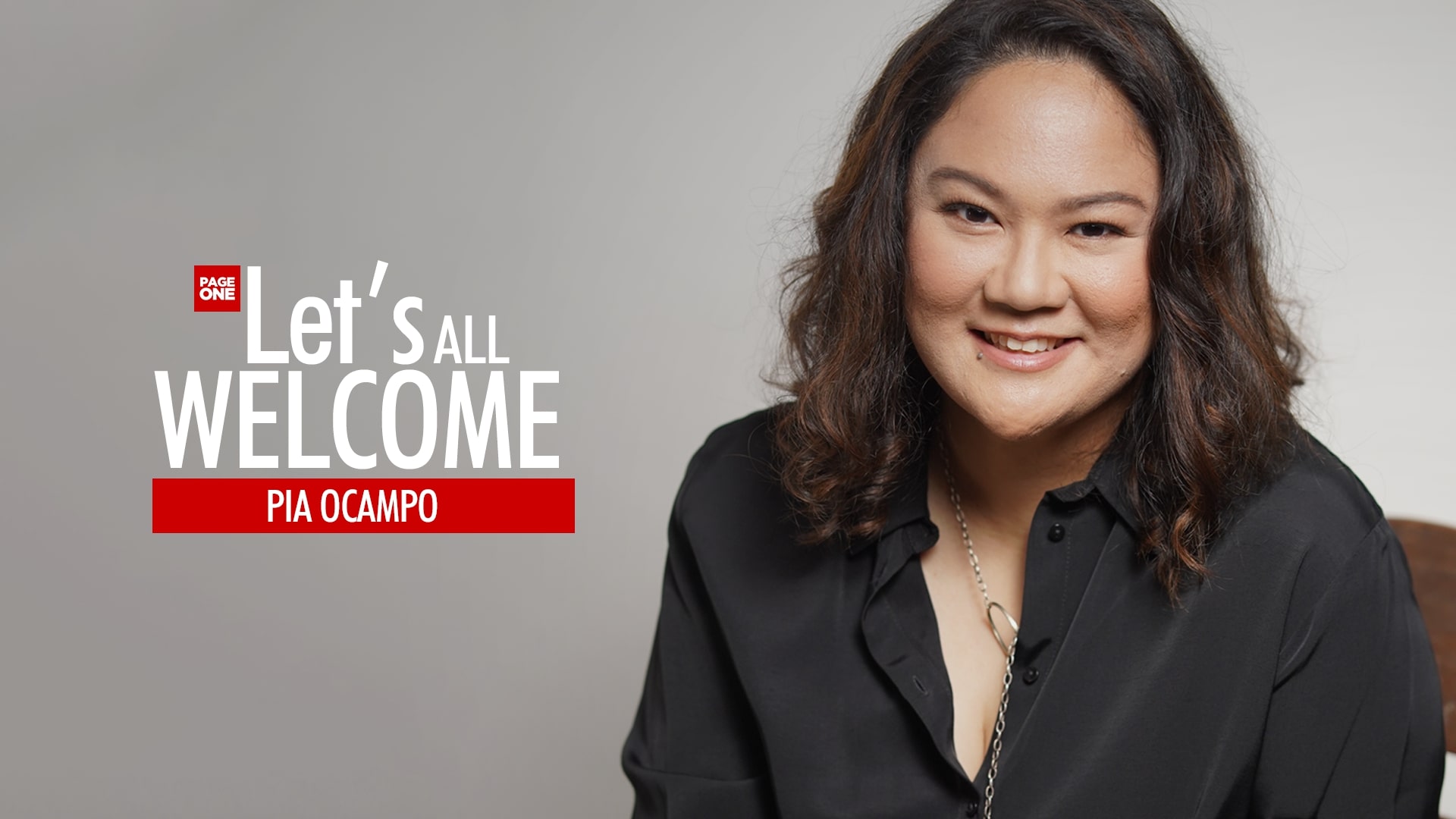In a world teetering on the edge of climate crisis and ecological collapse, Pia Ocampo stands firm with a vision—not just for today’s environmental challenges, but for a future shaped by justice, enoughness, and transformative change. As the co-founder and strategic mind behind Pure Oceans, her work is not only anchored in systems change but also rooted in the power of narratives, local solutions, and community resilience. On Earth Day, her voice resonates stronger than ever: this is the time to shape a legacy that the next generation can inherit with pride—and hope.
At the heart of Pia’s advocacy is a call to reframe our understanding of growth and success. “Rather simplistic, but I think the whole world has to come to a common agreement that equity, ‘enoughness,’ just contentment for all IS the goal, and for all, rather than unchecked, limitless economic growth and only for the very few,” she emphasizes. To her, real change doesn’t lie only in policies or programs—it demands a deep, cultural shift. “That’s a major cultural change, not just systems or policy,” she adds, explaining that social innovation has the potential to spark this transformation, but it must be matched by brave changes in policy and industry alike.
Pia draws inspiration from bold concepts like Kate Raworth’s Donut Economics, which challenges the outdated ideals of limitless growth. “Donut has a recognition that growth is limited by our natural resources, and once you acknowledge limits, then you will have to start thinking about the distribution of those natural resources,” she explains. Her words don’t just critique the status quo—they invite a reimagining of systems founded on equity and justice.
This drive toward change is not abstract. It’s grounded in her work on the ground. With Pure Oceans, Pia has seen firsthand how behavior change, systems design, and community empowerment can alter the trajectory of entire barangays. One of their recent efforts, a USAID Clean Cities, Blue Ocean project in Tingloy, Batangas, was a landmark initiative for the organization. Coming out of it, Pia realized where Pure Oceans can lead the charge. “We came out of that realizing that Pure Oceans’ strengths are in behavior change and systems design. So we’re going to be leaning into that more moving forward,” she shares.
From this experience, the team now aims to create bite-sized, translated modules for coastal and island barangay officials—content designed to help them establish their own community-run waste management systems and circular business models. “I’m finding the funding to make the learnings & systems from that project available… content they would gladly consume,” she explains. It’s a vision of empowerment where communities are not only part of the solution but architects of it.
And it doesn’t end there. A future-facing strategy includes investing in the youth through summer camps that blend marine conservation learning with freediving and storytelling. Pia believes that creating a new narrative starts with the next generation understanding both the “why” and the “how.” “Just like in Stories, they learn the why through Conservation & Marine Ecosystems modules plus a Free Diving 101 class before they learn the how of storytelling and advocacy,” she shares.
At the policy level, Pia celebrates small but powerful victories, like the newly enacted Extended Producer Responsibility law. For her, it’s an example of how policies can catalyze a culture of accountability. “This shift towards accountability and companies’ taking responsibility for the design choices they make—this could be a start,” she says.
She also remains energized by global shifts in sustainability narratives—especially those that uplift previously marginalized voices. “Some of the most exciting work I’m seeing in the advocacy and development world is narrative change,” she shares. Drawing from indigenous worldviews and post-capitalist lifestyles, she believes these stories could seed new models of coexistence between humans and nature. “The mainstream conception of how humans and nature relate to each other has to change,” Pia insists.
What fuels Pia amid the daunting scale of today’s environmental problems? Her answer is simple, even poetic. “My battery, my church, is really nature itself,” she reflects. “Whenever I dive (or even snorkel), I am struck by awe and gratitude… that we are intimately connected to all that grand beauty.” This sense of awe, she explains, is an emotional touchstone that restores her sense of purpose. “I think the people who have a direct line, or know when they need a shot of awe, they tend to be more optimistic.”
To future changemakers, Pia offers both reassurance and challenge. “You will never get it right the first time. I learned as I did, and even now, every project, every issue is something you learn from and grow from,” she says. “Just start with the simple thing you can do, from where you are, even if you’re alone.” It’s a lesson in courage—and one she hopes the next generation carries forward.
As Pia and Pure Oceans set their sights on scaling up product development and establishing a plastic upcycling facility in Batangas, her vision remains bold, grounded, and deeply personal. It’s not just about cleaning beaches or launching policies—it’s about cultivating a legacy of enoughness, of hope, and of harmony with the natural world.
And in doing so, Pia Ocampo is helping shape a future where sustainability is not a luxury or a movement—but a way of life.







